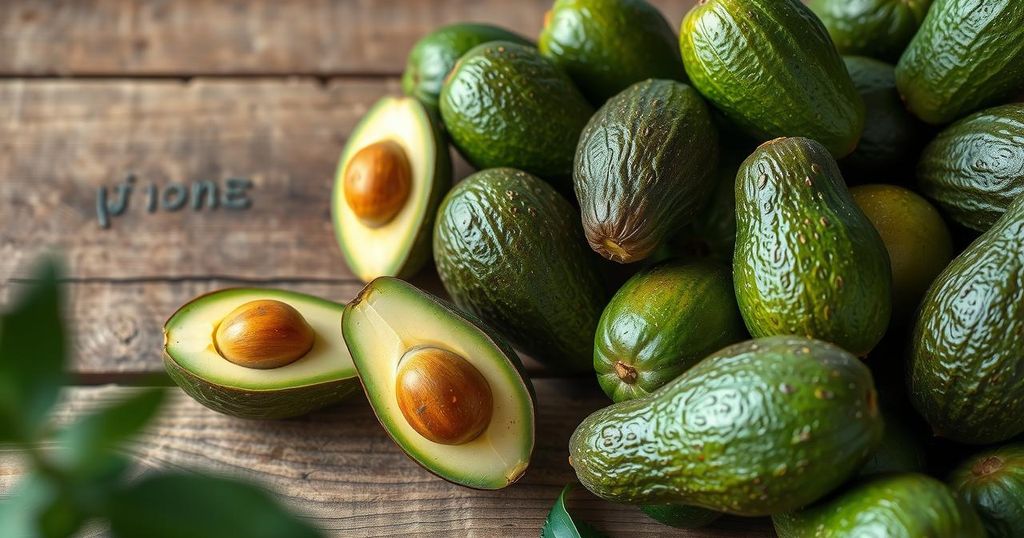South Africa is considering a VAT increase proposed by Finance Minister Enoch Godongwana, impacting low-income households amid rising living costs. This increase may raise VAT to 16% by 2026/27, affecting many goods and services, while small businesses could struggle with elevated operational costs. Essential food items will remain VAT-exempt to ease the burden, but experts caution about the potential economic fallout and urge alternative fiscal strategies to alleviate pressures on vulnerable communities.
South Africa currently faces significant economic challenges, as the government contemplates an increase in Value Added Tax (VAT) that may disproportionately affect low-income households. Finance Minister Enoch Godongwana, during the 2025 Budget Speech, proposed raising VAT by 0.5 percentage points for both 2025/26 and 2026/27, culminating in a rate of 16% by 2026/27. This proposal has provoked concern among citizens already struggling with escalating living costs.
The anticipated VAT increase could impact nearly all goods and services, aside from a limited number of zero-rated items. Analysis from the Pietermaritzburg Economic Justice and Dignity Group (PMBEJD) suggests that a household’s basic grocery basket might increase by R375.16, raising the total grocery expenditure to R5,477.84. Alongside this, essential toiletries and household products are also expected to see price surges, intensifying the financial burden on families.
Many experts caution that the VAT increase will heavily burden lower-income households, which allocate a large portion of their budgets to necessities such as food and electricity. Moreover, with electricity prices projected to rise by approximately 12.7%, the financial pressures on households are becoming increasingly unsustainable.
Small businesses are likely to experience adverse effects from rising operational costs due to the VAT hike. This pressure may hinder their competitiveness, potentially leading to job losses and an overall economic downturn. However, certain staple food items, including brown bread, maize meal, rice, and vegetables, will remain exempt from VAT. Starting on May 1, 2025, additional products, such as edible offal and various canned goods, will also be included in this exempt category to alleviate impacts on lower-income families.
Economic experts challenge the effectiveness of increasing VAT as a solution to South Africa’s fiscal challenges and suggest exploring alternative revenue generation methods that would not exacerbate difficulties for vulnerable communities. In light of the tumultuous budget announcement—which resulted in a postponement of the budget speech due to disputes over VAT—there exists uncertainty in the national economic outlook.
As the government aims to enhance revenue to address a pressing budget deficit, concerns arise that the proposed VAT changes will further heighten the cost of living. South Africa’s tax framework is viewed as one of the most burdensome globally, with high personal income taxes and a tax regime accounting for nearly 25% of the country’s gross domestic product. Such financial pressures not only hinder growth and investment but also risk pushing more households into poverty.
The recent economic instability intensifies existing issues, with unemployment and stagnant growth contributing to a dismal financial forecast. Analysts advocate for solutions focused on job creation and economic stimulation to restore public confidence and stability. How the government will address the growing public dissent regarding VAT hikes remains to be seen; any increases, compounded by rising living costs, could lead to a significant decline in consumer spending, worsening the economic malaise in South Africa.
With ongoing discussions and unpredictable futures, South Africans are advised to take proactive steps in managing their finances, leveraging VAT-free food options while navigating impending changes in their financial environments.
The proposed increment in South Africa’s Value Added Tax (VAT) by Finance Minister Enoch Godongwana, set to affect low-income households significantly, raises concerns amidst escalating living costs. The increase is anticipated to burden families with additional grocery costs, while small businesses may face operational challenges. With the nation already grappling with high taxes and pressing economic strains, experts urge alternative revenue solutions to mitigate further hardships for vulnerable communities. The future remains uncertain as public opposition grows against the VAT hike, prompting a need for prudent financial management by citizens.
Original Source: evrimagaci.org




